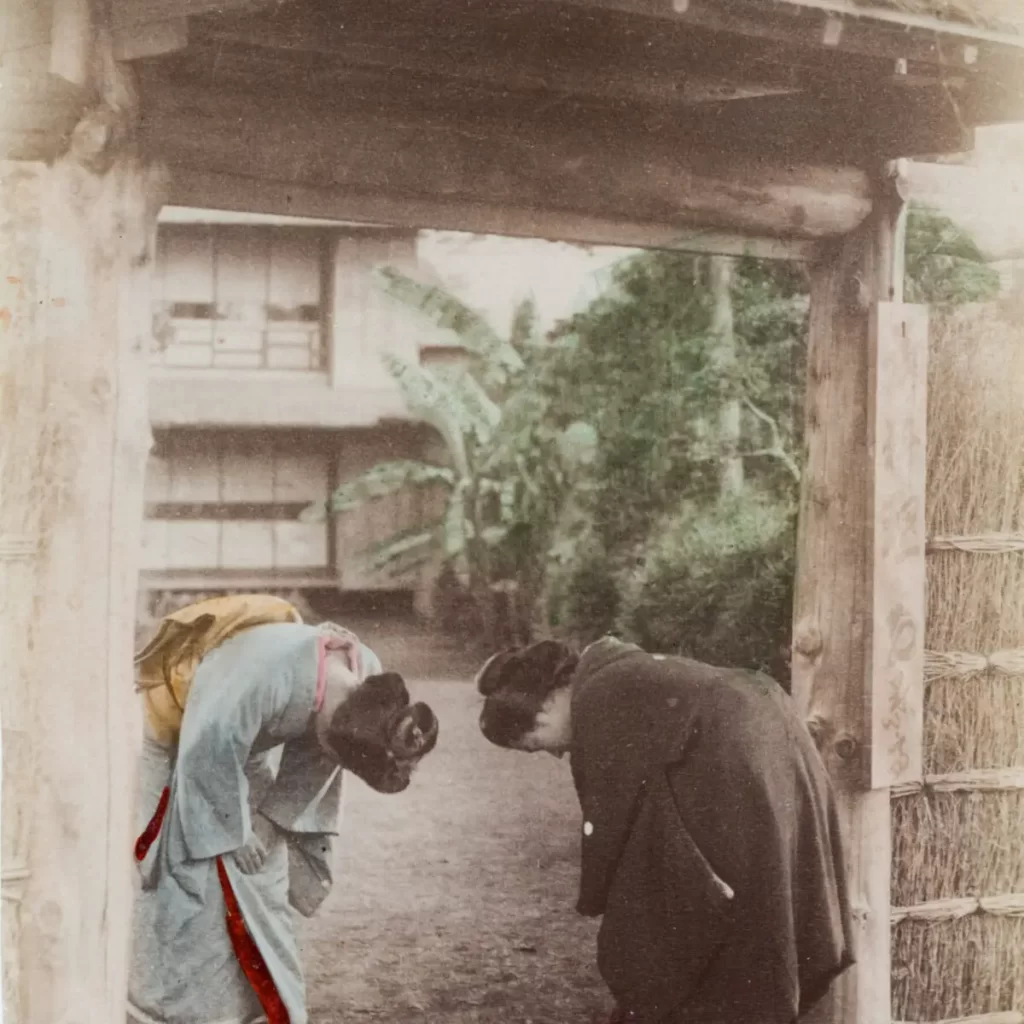Posted inQuestion about Japan
Do Japanese like to shake hands?
Handshaking is not a traditional part of Japanese culture and was introduced by Westerners in the 19th century. In Japan, people greet each other with a bow, which is a sign of respect and humility. The act of shaking hands can be seen as too direct and confrontational, which goes against the Japanese philosophy of maintaining peaceful relationships. Physical contact between strangers or acquaintances is generally avoided in Japan, and gender plays an important role in social interaction. Bowing is the most common form of greeting in Japan, and there are different types of bows depending on the situation and level of respect being shown. Understanding cultural norms and etiquette is essential when doing business in Japan to avoid misunderstandings or offending anyone unintentionally.









